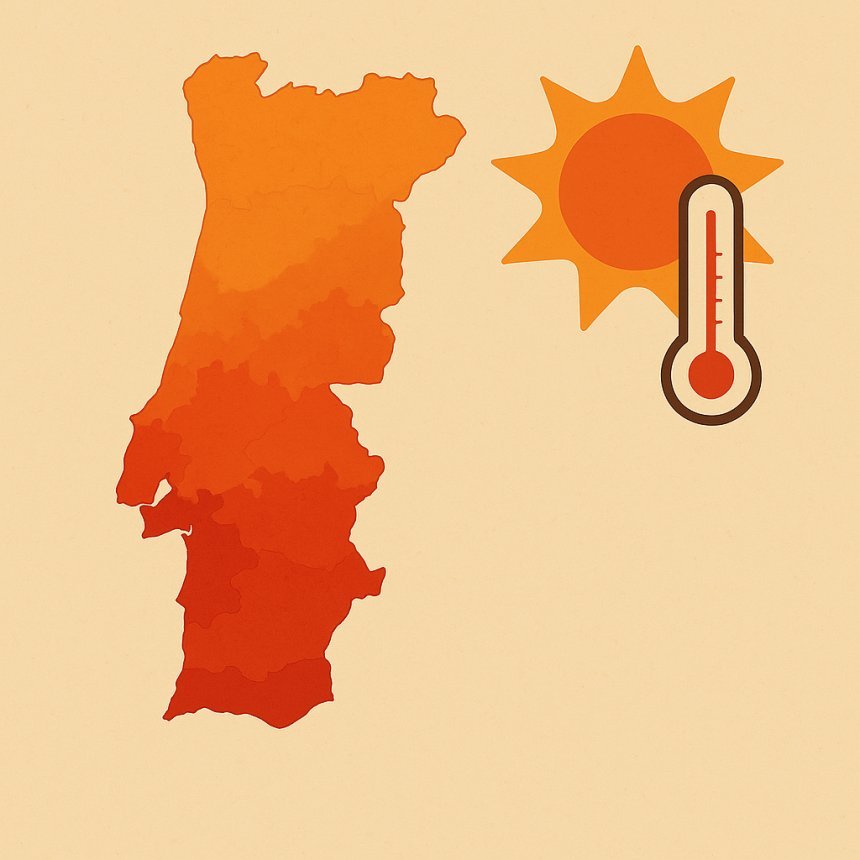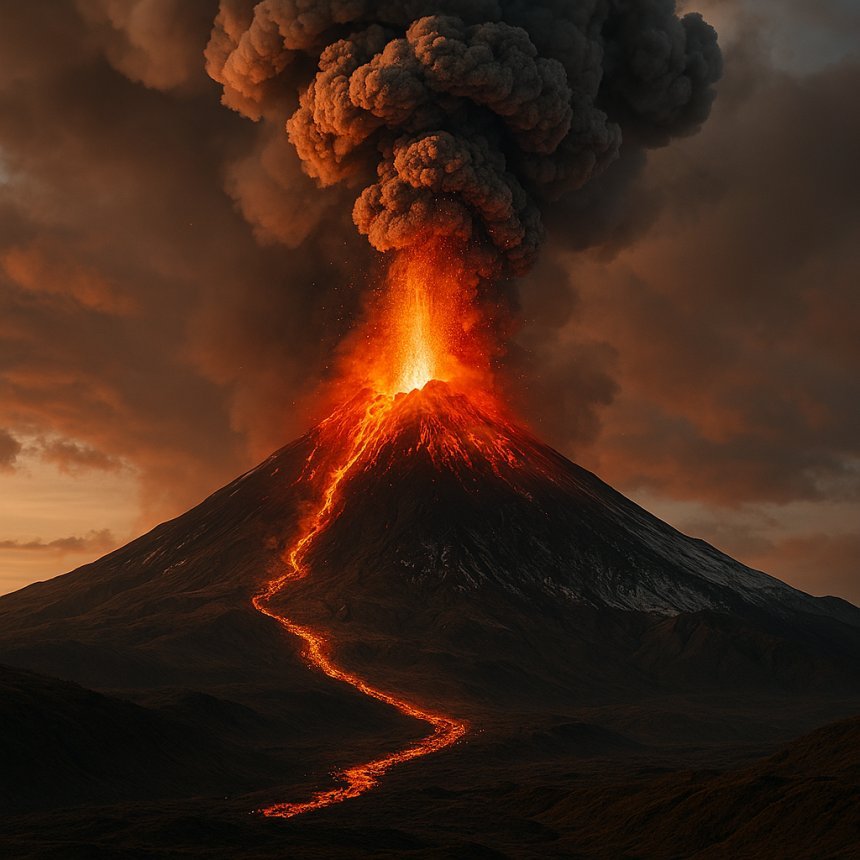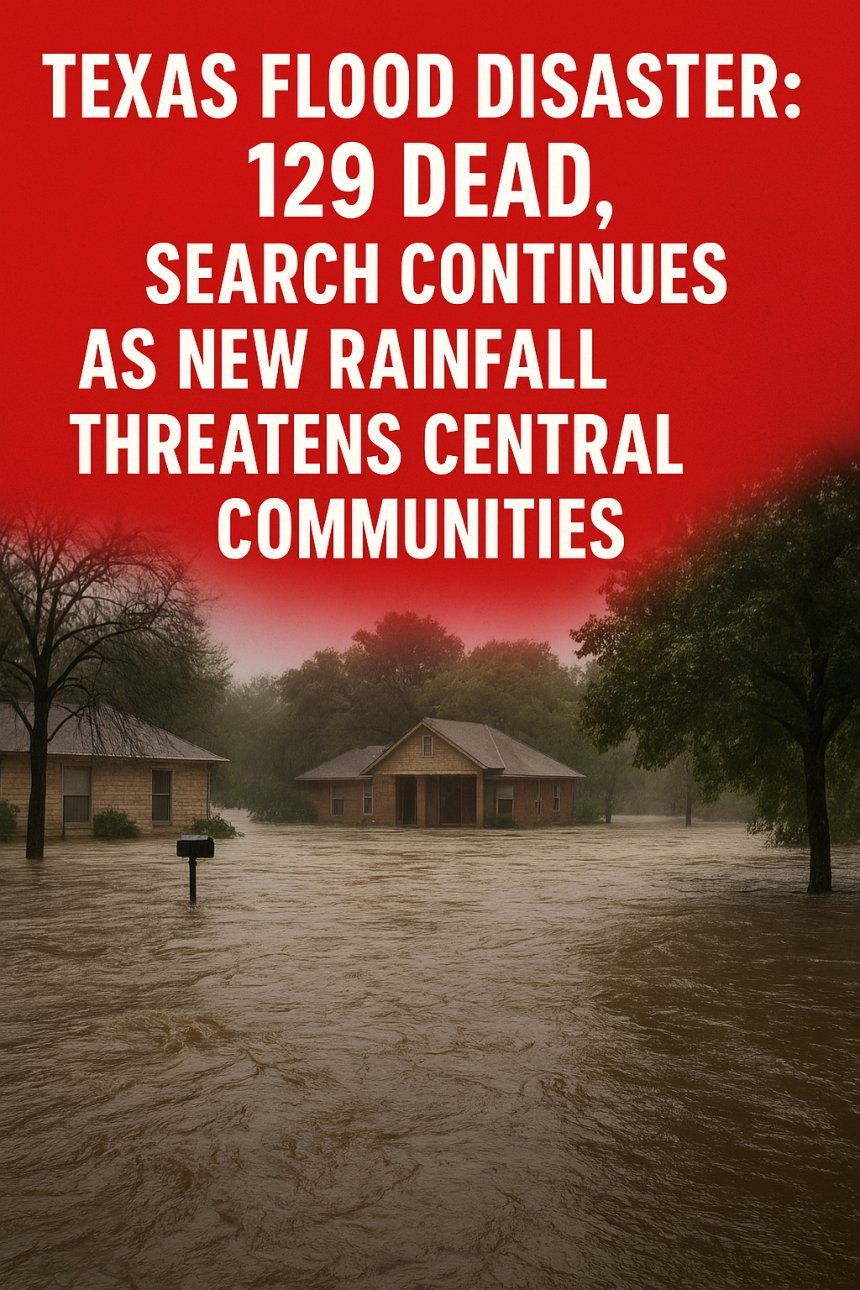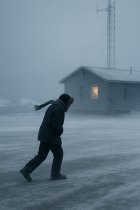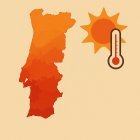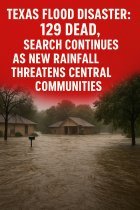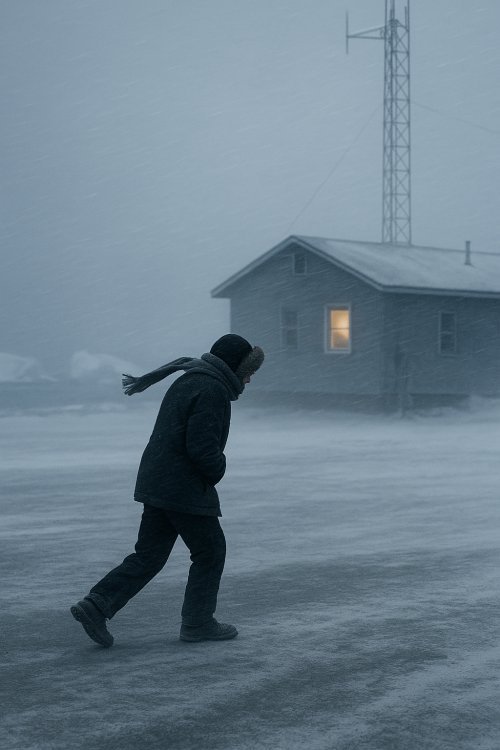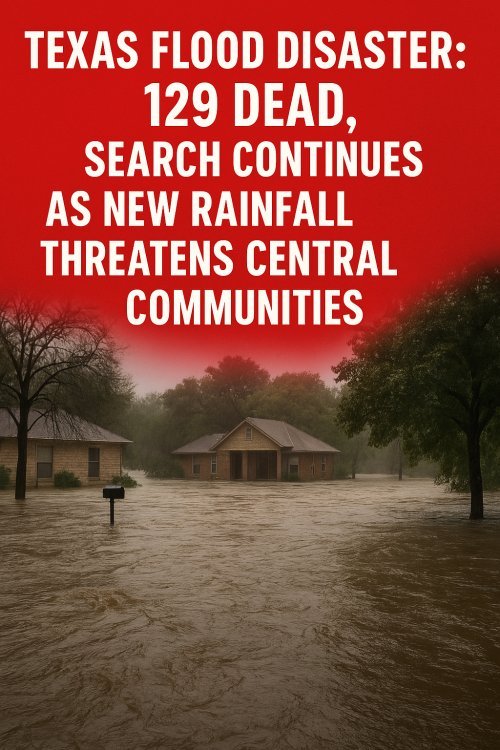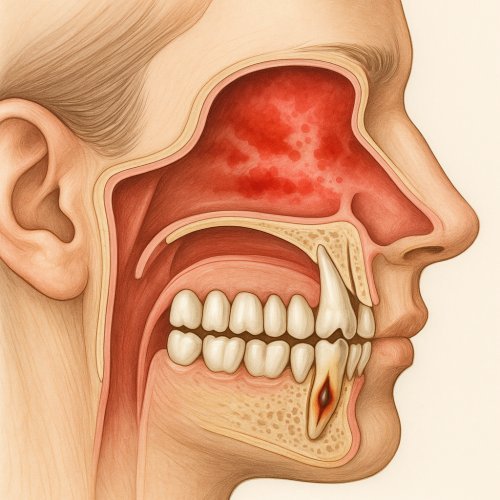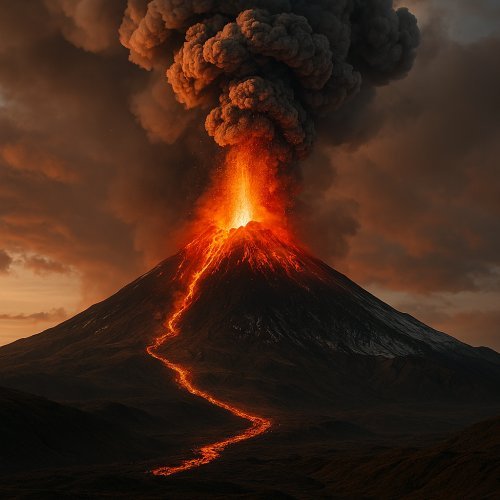Trump’s Proposed PBS Cuts Threaten Lifeline for Rural America :Including His Own Voters
As Federal Funding Hangs in the Balance, Rural Radio Stations Brace for Collapse
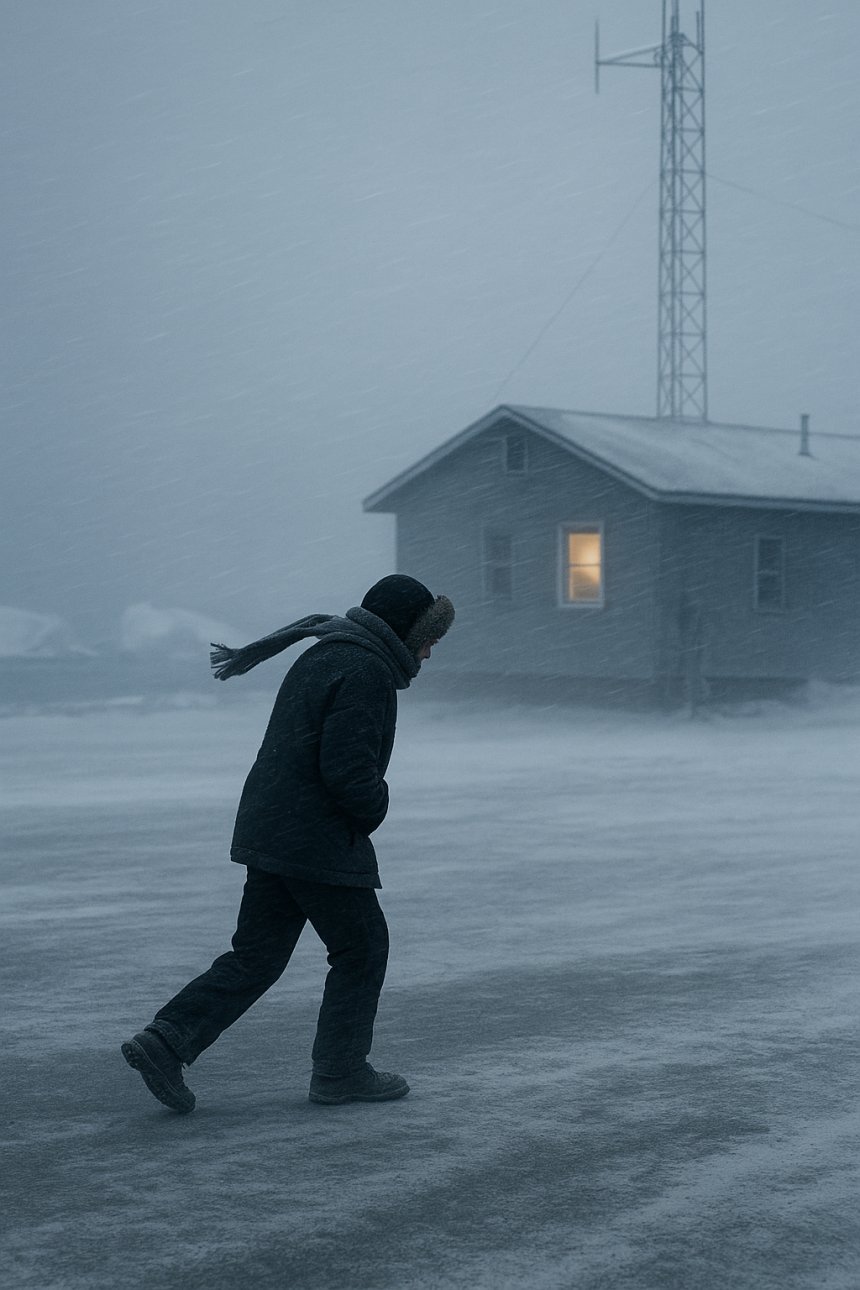
In the frozen reaches of Kotzebue, Alaska, public radio reporter Desiree Hagen once walked backward through a blizzard just to reach her studio. For many of her listeners—primarily Iñupiat elders dependent on Indigenous-language programming—KOTZ Radio is more than a station; it’s a lifeline. That lifeline is now at serious risk.
A historic vote in the U.S. Senate this week threatens to eliminate $1.1 billion in funding for the Corporation for Public Broadcasting (CPB), a move championed by former President Donald Trump as part of sweeping budget cuts targeting what he describes as “biased” media. Ironically, the regions most impacted would be rural, conservative-leaning areas like Kotzebue, where federal support makes up 41% of local station budgets.
“Winter here is life or death,” Hagen told the BBC. “If we go silent, people could die.”
The Irony: Trump's Base Stands to Lose the Most
Nearly half of CPB-funded stations operate in rural counties, many of which voted overwhelmingly for Trump in 2023. Stations like Marfa Public Radio in Texas—which serves a heavily Republican region—depend on federal grants for more than one-third of their revenue.
“The anger is toward national media, not us,” said Travis Bubenik, Marfa’s news director. “Our community trusts us because we live here.”
Yet conservative institutions like the Heritage Foundation argue public broadcasting is an outdated liberal relic. “Taxpayers shouldn’t be funding outlets that ridicule them,” said Mike Gonzalez, a senior fellow who authored a proposal calling for the complete defunding of public media.
GOP Resistance Grows
Alaska’s Republican Senator Lisa Murkowski is leading the resistance, urging fellow lawmakers to consider the unique challenges in her state. “What looks like wasteful spending to some is lifesaving in Alaska,” she warned. With just four Republican defections needed to block the bill, senators like Susan Collins (R-ME) and Mitch McConnell (R-KY) are reportedly undecided.
A Looming News Desert
More than 55 million Americans already live in so-called “news deserts,” with rural communities hit the hardest. According to Northwestern University, 206 counties have no local news outlet, and 1,561 have only one. The proposed CPB cuts could turn existing gaps into information blackouts.
As the July 18 Senate deadline approaches, Hagen sits by her studio window watching icebergs drift past—hoping Washington understands what’s truly at stake. “Our station is woven into the fabric of the community,” she said. “Losing it would be devastating.”
Share
What's Your Reaction?
 Like
0
Like
0
 Dislike
0
Dislike
0
 Love
0
Love
0
 Funny
0
Funny
0
 Angry
0
Angry
0
 Sad
0
Sad
0
 Wow
0
Wow
0

